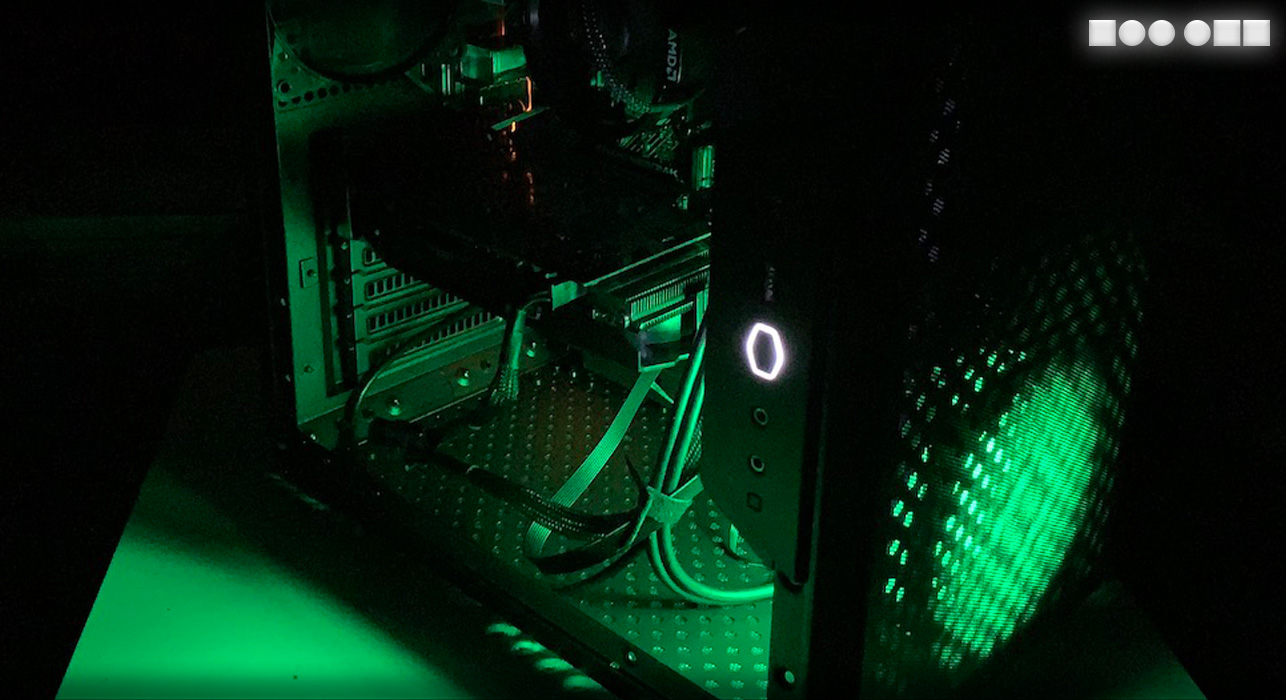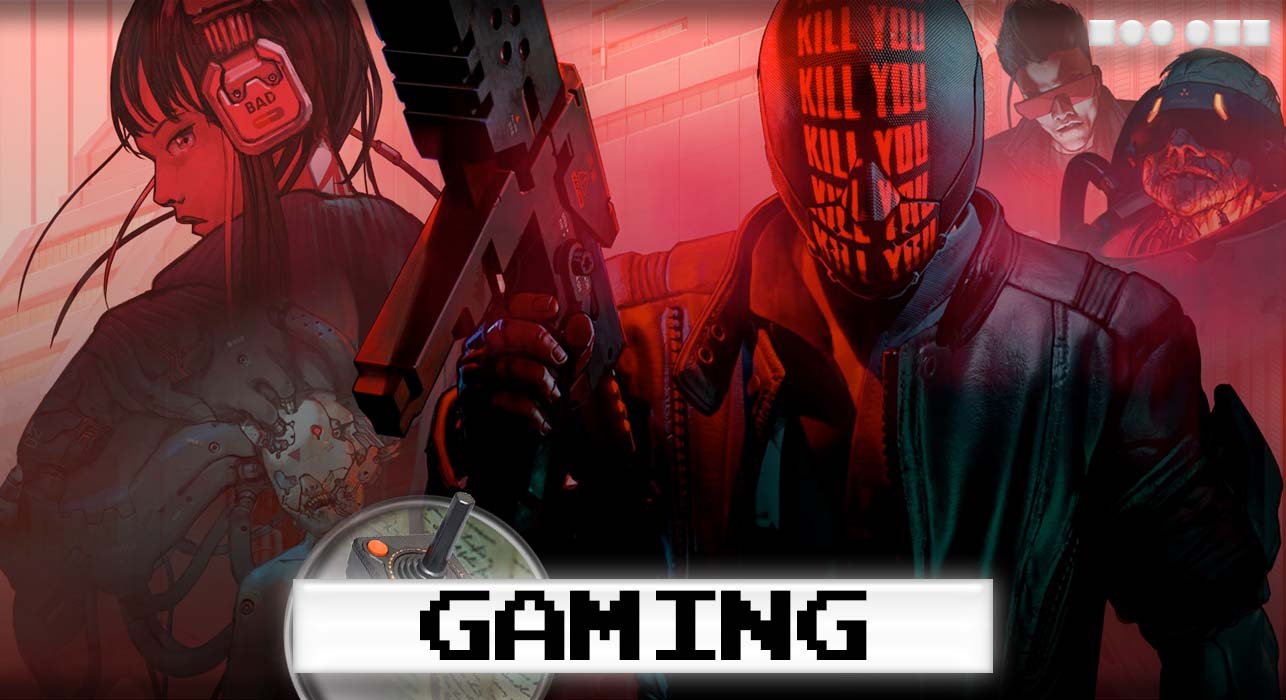But you must understand, it was a most excellent cupcake.
Doki Doki Literature Club!
Windows / Mac / Linux via Steam or Itch.io
Free
This is a very tough game to talk about on a variety of levels. For one, I don’t play a lot of visual novels; the closest I’ve probably been is a religious devotion to Sierra On-Line’s adventure games in the late 80s and early 90s, and Sierra had a lot more to actually do even if the game design was brutally unfair at times.
Secondly, DDLC is not a game that lends itself easily to review, and it isn’t for everyone. To talk about the game at any kind of length risks spoilers that ruin the game’s premise. One of the twists is kind of hinted at by the game itself as it starts, and with good reason; but there is a pretty significant plot twist that comes out of the blue soon afterwards. And avoiding these spoilers means this review will be a bit generic, but I will flag below once I start discussing the game in more detail.
It’s a new semester and you’ve promised your friend Sayori that you’ll join one of the extra-curricular clubs after school. She seems really keen that you should join the Literature Club, and you duly agree. That afternoon, you meet Monika, the club president; Natsuki, a younger girl who loves baking; and Yuri, who’s quiet and loves her books. Can you make friends with everyone and keep all the girls happy? With the school festival coming up, will you be able to pull together a recital of your collected poems to recruit new members?

You build your relationship with the girls by writing poems. You get a brief idea of what each girl likes to read as you’re introduced to them, and then each night you ‘write’ poetry that will appeal to one or another by choosing words. Don’t worry, the game doesn’t actually ask you to write anything; you simply choose keywords. The next time the club meets, the girls each get to read your ‘poem’ and depending on how it appeals to them, you might get a cutscene where your relationship develops.
The art style seems to be pretty standard manga/anime fare, and there is minimal animation in conversation. The music is quite good, though, and each character gets their own version of the main theme, with the orchestration altered to reflect their personalities. (While the game is free, if you feel inclined to spot the developer US$10 you can download the soundtrack.)
There’s a lot of reading involved- there is no voice acting as such, so all dialogue in the game is rendered as text- which means the game is quite slow to get started. There are also some fairly lengthy stretches where it’s just dialogue, with no player interaction or choices to be made. This may well turn some players off but the writing is pretty good overall, and you should at least play through the first week, up to the day of the festival. That might take an hour to 90 minutes, depending on how quickly you read off the screen.
It is free after all, so nothing ventured, nothing gained, right? And it certainly has an impact, and it will stay with you long after the credits have rolled. So on that front I liked the game and felt it was worthwhile… but to elaborate further I have to spoil a bit.
One last comment before I do so- the game’s Steam and Itch.io pages do have a content warning for people who are “children, or easily disturbed”, and a more detailed one also appears when the game boots; that also applies to the spoilers below.
WARNING: MAJOR SPOILERS AHEAD after the picture.

Once the day of the festival arrives, so do the ‘twists’ in the game’s storyline. The first is hinted at by the content warning; one of the girls suffers quite badly from depression and confides in you as the festival approaches. She confesses her love for you, and you have to choose whether to reciprocate, or just be ‘that great friend who’ll always be there for you’. But don’t worry, regardless of your choice, if you don’t like the outcome you can always start again, right? …right?
(Highlight here for spoiler: >> she commits suicide before the festival. << )
The game then restarts, but with glitches. See, if one of the girls leaves the club for any reason, she’s permanently gone- even through saves and reloads, or trying to start a new game. But the storyline doesn’t change, even with the character missing, and the game’s visuals and sound become increasingly unstable as it tries to reconcile the plot with the fact that one of its characters has left, never to return.
There’s a reason for that as well, which you’ll discover as the story tries to progress and the fourth wall becomes increasingly strained. After a few more poems you discover the real reason everything’s going pear-shaped… but I won’t spoil that part. And then once you’ve beaten the game, you kind of want to mess with it to see what will happen; doing things in a different order, for example, or modifying a trick from the game’s final act to try and manipulate the outcome. The developer has anticipated you’ll try this, so manipulate away.
And then you start delving into the online discussion of the game, and there are things you might not have considered trying… so there’s even a bit of replay value if you’re really willing to tinker.
Doki Doki Literature Club! isn’t for everyone- the content and themes get extremely dark at times and if that isn’t your bag, you might wish to steer clear. But I certainly found it worth the investment (in gameplay time) to see how it messes with the tropes of visual novels and video games in general. As they say, don’t judge a book by its cover.




